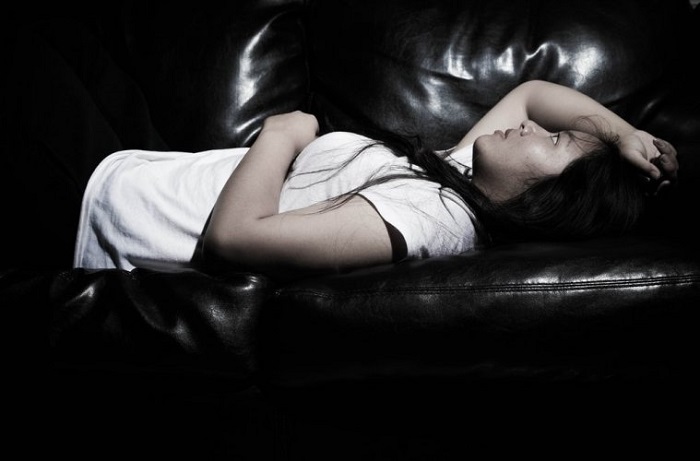Is there a relationship between sleep and anxiety? Can more sleep, or better sleep, help reduce your daily anxiety experience? The answer is yes!
Sleep power has always been known to be significant, but now there is more and more evidence showing just how important it is to those experiencing anxiety.
How to sleep with anxiety?
According to researchers at the University of Manchester, people who sleep for shorter periods of time and go to bed later often experience more repetitive negative thoughts than those who sleep longer. And after an interesting study outside the US, There is also significant evidence to suggest that being sleep deprived produces a greater anxiety response to external cues.
It means that less sleep is going to make you more anxious. Then, participants were also assessed based on their existing anxiety levels, and the study suggested that those with existing anxiety might experience worse anxiety after sleep deprivation.

What’s more, sleep is integral to maintaining healthy emotional and social functioning. Studies have shown that almost everybody system is affected by the quality and quantity of sleep a person has, especially a brain.
The number of hours you sleep each night also determines how well you can cope with stress and anxiety, noting that sleep deprivation creates an imbalance in hormone levels that raises anxiety levels and exacerbates existing anxiety problems.
Is it all bad news?
Now that you understand how important sleep is to your mental health, you can start making it a priority. Reflect on your current bedtime routine and sleep practices. Sleep enough? Do you even have a routine?
Here are some simple tips that can help you protect yourself from sleep-induced anxiety.
Step 1: Make a plan
The first thing to know is that 7-8 hours is a healthy amount of sleep for most adults. So start making a plan to get that amount. Find out what time you have to get up, and go back to work from there. And set not only an alarm to get up, but also to go to bed, so you always know when it’s time to start your nightly routine.
Step 2: Start a nightly routine
This does not have to be anything fancy. You don’t have to start drinking chamomile tea if you don’t want to (although you can if you want to) and you don’t have to lie in bed counting sheep. It’s about establishing a small routine that tells your brain and body that it’s almost bedtime. So choose what you want – maybe it’s just brushing your teeth and reading a book for ten minutes, or maybe it’s a particular piece of music or meditation.
Step 3: Avoid spending an hour in front of the screen before bed
This includes phones, tablets, everything. Committing to avoiding useless screen lights will help you succeed with your new plan.
Step 4: It’s not just at night: think about how the day goes by
Some of the basic things include avoiding caffeine in the afternoon, cutting down on cigarettes and alcohol (they can affect your REM sleep). Beyond that, do your best to get some exercise – it contributes to a good night’s sleep and is good for anxiety levels anyway, as it releases very important endorphins.
If anxiety is bothering you, it is a good idea to examine your sleep patterns. After all, we know that getting a good night’s sleep puts you in a better position to protect yourself from day-to-day anxiety.
Try these things, and don’t forget to contact a professional if you need support; If you feel anxious about the dream itself and think you might be suffering from insomnia symptoms, it is a good idea to contact a healthcare professional who can talk to you about what you are experiencing and how to get the best. help.
Don’t forget that there is plenty of support available for a wide range of sleep and mental health issues, so don’t put off getting the help you need.
You may like also to read https://giantchatter.co.uk/




